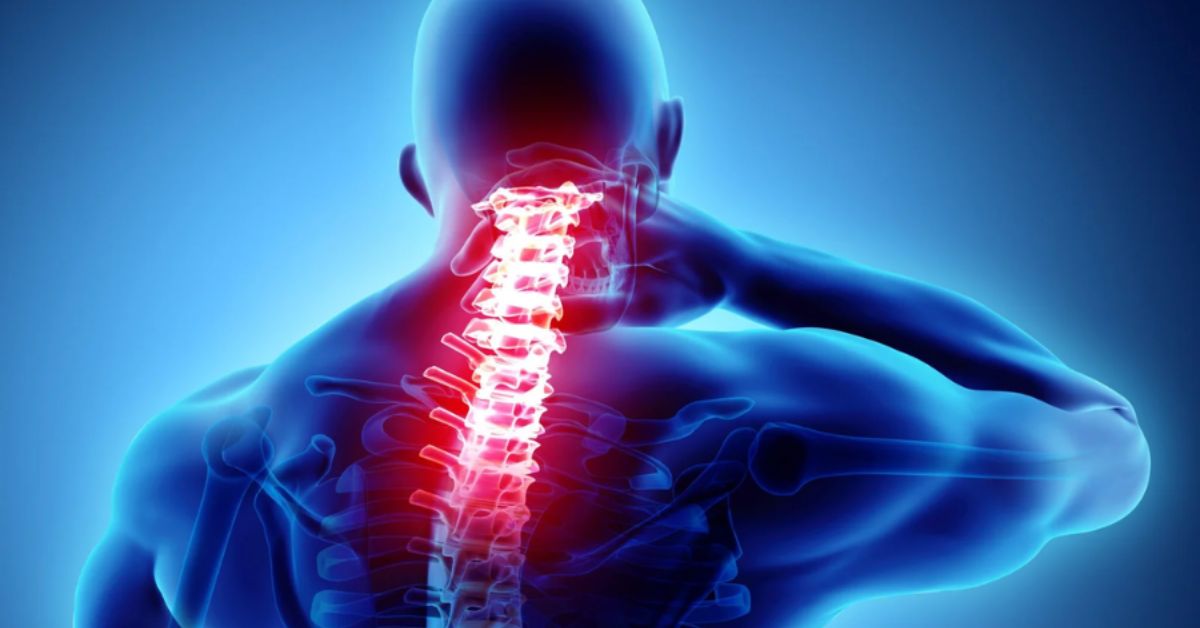Andrigolitis – What You Need to Know for Better Health!
After dealing with andrigolitis myself, I went through a confusing time trying to understand my symptoms and find the right treatment. It was a tough journey, but I learned a lot about taking care of my health.
Andrigolitis is an inflammation of the epididymis, often caused by infections. Common symptoms include pain and swelling in the testicles, and it can usually be treated effectively with medication. If you experience these symptoms, it’s important to see a doctor for proper care.
Stay tuned with us as we discuss about “Andrigolitis”
What is Andrigolitis?
Andrigolitis is a rare condition that involves inflammation in the areas of the body that produce male hormones, like testosterone. These hormones, known as androgens, are important for many functions in the body. When inflammation occurs, it can cause pain, hormonal imbalances, and other health problems.The exact cause of andrigolitis can vary. It may be triggered by autoimmune disorders, where the body’s immune system attacks healthy tissues by mistake. Infections or exposure to toxins can also lead to this condition. Some people may have a higher risk due to genetic factors.Symptoms of andrigolitis can include swelling and pain, especially in the testicles, as well as fatigue, mood changes, and lower energy levels. If not treated, it can also affect fertility and overall hormone balance. Treatment usually involves medications to reduce inflammation and balance hormones, along with lifestyle changes to support recovery. Some people may wish to go the natural route with CBD and THC. Whilst this has shown to help reduce inflammation and pain, those who are suffering may be wary. Luckily, there are alternatives in the same vein but with less potency such as THCa. You can get THCa Flower in Florida and other states, as it is legal. You can still get the benefits of THC but without that high feeling that can make people feel unwell.
What Causes Andrigolitis?
Andrigolitis is caused by inflammation in the glands that produce male hormones, called androgens. This inflammation can be triggered by various factors. One common cause is autoimmune disorders, where the body’s immune system attacks its own healthy tissues by mistake.
Infections from bacteria or viruses can also lead to this condition. Sometimes, exposure to toxins or environmental pollutants may disrupt the body’s hormones and cause inflammat.
Genetics can play a role as well. If someone has a family history of hormonal imbalances or autoimmune diseases, they may be more likely to develop andrigolitis. While the exact cause can vary from person to person, the underlying issue is often related to inflammation affecting how the body produces and regulates male hormones.
What are the Symptoms of Andrigolitis?
Here are the symptoms of andrigolitis in simple terms:
- Pain and Swelling: You may feel pain and swelling, especially in the testicles or areas related to hormone production.
- Fatigue: Constant tiredness and low energy levels are common symptoms.
- Hormonal Imbalance: Changes in mood, like feeling irritated or down, may happen due to hormonal imbalances.
- Weakness: Muscle weakness or feeling unusually drained can also occur.
- Reproductive Issues: Some men might experience problems with fertility, such as reduced sperm coun
How is Andrigolitis Diagnosed?
Andrigolitis is diagnosed through several steps. First, a doctor will ask about your symptoms and do a physical exam to check for pain or swelling in areas like the testicles. They may also ask about your medical history to see if there are any risk factors, such as autoimmune disorders or infections, that could be causing the condition.
To confirm the diagnosis, doctors usually do blood tests to measure hormone levels, especially testosterone. Imaging tests like an ultrasound or MRI might be used to see if there is inflammation in the glands that produce hormones. In some cases, a biopsy (taking a small sample of tissue) may be needed to rule out other conditions.
Can Andrigolitis Affect Fertility?
Andrigolitis is an inflammation of the epididymis, a tube at the back of the testicles. It can sometimes affect fertility because it may cause pain or swelling in the testicles, which can impact sperm production or quality. If someone has andrigolitis, it’s important to see a doctor to manage the condition and discuss any concerns about fertility.
Is Andrigolitis a Life-Long Condition?
- Not Always Life-Long: Andrigolitis is not usually a life-long condition. Many people can recover completely with the right treatment.
- Treatment Helps: With proper medical care, like antibiotics or other medications, symptoms can improve, and inflammation can go away.
- Possible Recurrence: Some people might experience andrigolitis more than once, especially if they have risk factors, like infections or certain medical conditions.
- Regular Check-Ups: It’s important to see a doctor regularly if you’ve had andrigolitis. This can help catch any issues early and prevent future problems.
- Healthy Lifestyle: Taking care of your health, like staying active and managing stress, can also help reduce the risk of getting andrigolitis a
Are There Support Groups for People with Andrigolitis?
Yes, there are support groups for people with andrigolitis. These groups can help individuals connect with others who have similar experiences. Sharing stories and advice can make it easier to cope with the challenges of living with this condition.
Support groups often meet in person or online, making it easy for people to join from anywhere. Members can discuss their symptoms, treatments, and feelings in a safe and understanding environment. This can be very comforting, especially if someone feels alone in their struggle.
In addition to emotional support, these groups may also provide helpful information about managing andrigolitis. They might invite medical experts to talk about treatments or offer tips on how to deal with pain and discomfort. Overall, support groups can be a valuable resource for anyone facing andrigolitis.
FAQs
1. What causes andrigolitis?
Andrigolitis is usually caused by infections, such as bacterial or viral infections. It can also be linked to trauma or injury to the testicles.
2. What are the symptoms of andrigolitis?
Common symptoms include pain and swelling in the testicles, fever, and sometimes a discharge. These symptoms can vary in intensity.
3. How is andrigolitis diagnosed?
Doctors diagnose andrigolitis through a physical exam and may order tests like ultrasounds or urine tests to check for infections.
4. Can andrigolitis be treated?
Yes, andrigolitis can often be treated with antibiotics or other medications. Pain relievers may also help manage discomfort.
5. How can I prevent andrigolitis?
To help prevent andrigolitis, practice good hygiene, stay hydrated, and avoid activities that could lead to injury. Regular check-ups can also help.
6. When should I see a doctor?
You should see a doctor if you have persistent pain, swelling, or other symptoms in the testicles. Early treatment can prevent complications.
Conclusion:
Andrigolitis is a condition that can significantly impact a person’s health and well-being, but it is often manageable with proper treatment. Understanding the causes, symptoms, and available care options can empower individuals to seek help when needed. Regular check-ups and a healthy lifestyle can also play a crucial role in prevention and recovery.
If you experience any symptoms, don’t hesitate to consult a doctor for the best guidance. Taking proactive steps can lead to a better quality of life and overall health.
Read more:



